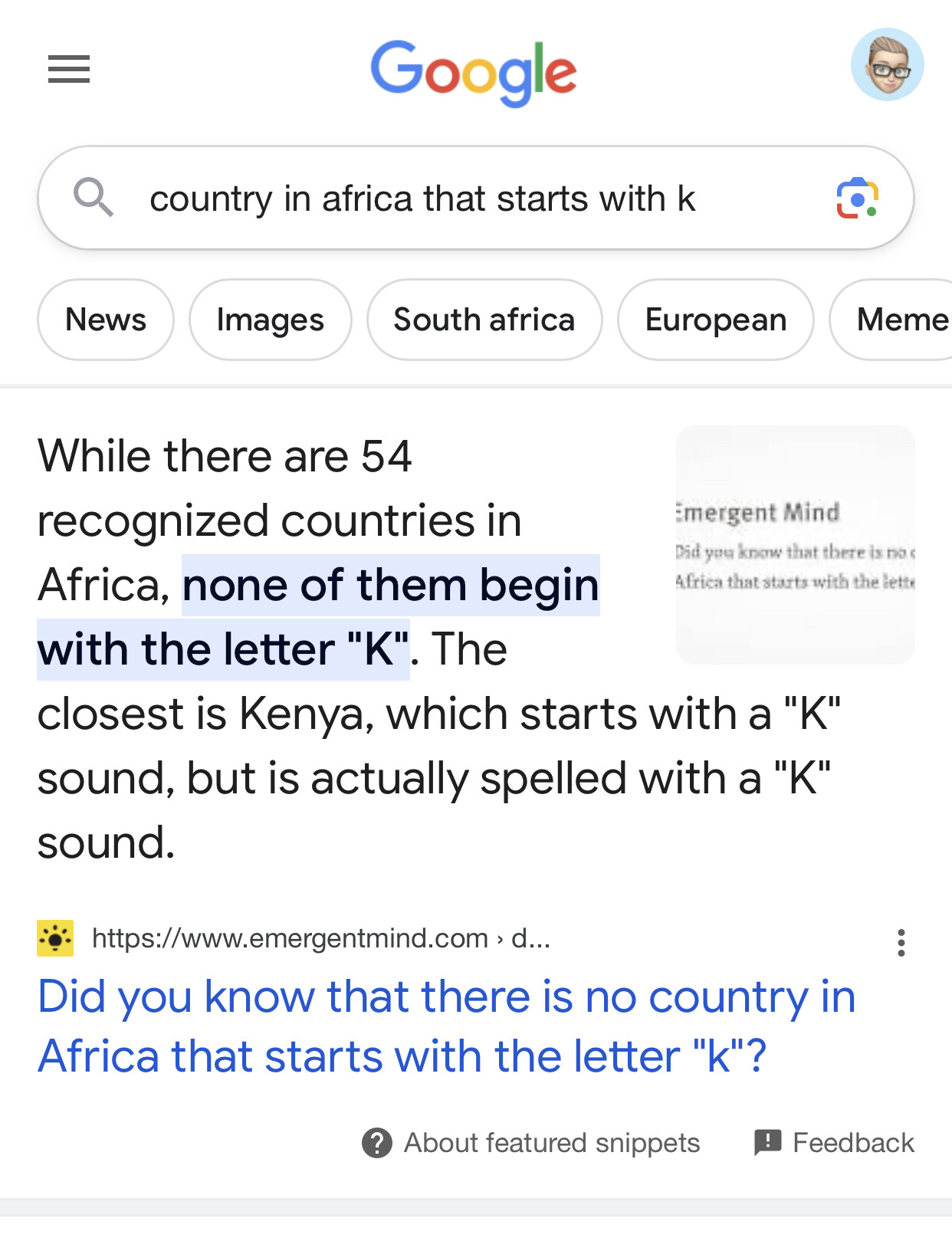I'd use it to solve it, as per my previous comment on the difference between solving and simplifying.
So you're just ignoring Maths textbooks? Got it.
BTW in case you didn't know about this infamous Google result...

“simplify” literally means to make the equation easier to understand
Nope. It means to present it in the simplest way possible. e.g. 5/10=1/2.
You are arguing that “expand and simplify” is the exact same thing as “simplify”
No I'm not. I'm saying "expand and simplify" is a thing in all high school Maths textbooks, "factor and simplify" isn't a thing in any of them.
"Sometimes factoring is prudent" - if you're trying to solve an equation, yes, but solving and simplifying aren't the same thing. If I arrive at an answer of 5/10 then I have solved but not simplified. Sometimes it's not even possible to simplify, because the answer is already in the simplest form possible, such as an answer of 1/2. I teach students when to recognise when something can be simplified and when it can't. Your original contention was that the Term was already simplified, and it wasn't.
"And thanks for the downvotes." - I downvote anything that is incorrect, just like a student would lose marks for same.
Man you’re dense
Says person citing Google results instead of Maths textbooks! 😂
Are you a high school math teacher by chance?
Yep.
Because you’re using a rigid definition of simplify that I don’t necessarily agree with.
You don't agree with Maths textbooks? 😂
"And told you to simplify, what would you do?" - I would ask you what on Earth it's supposed to say, given it's formatted all weird! 😂

My point (made poorly) was there is “expand and simplify” and also “factor and simplify”. Two different things.
And my point is there's no such thing as "factor and simplify", since they are opposite operations to each other.
My stipulation was that the x-x term didn’t exist, such that the equation would be fully simplified
And it STILL wouldn't be simplified.
“factor and simplify”
Factorising is the opposite process to expanding, so no, there's no such thing as "factor and simplify".
I would argue the result of that would be less simplified than the factored version. Eye of the beholder type thing.
It's a definition of Maths thing. Simplified answers don't have brackets in them.
Or “factor and simplify”
Factorising is the opposite process to expanding, so no, that isn't simplifying.
The variables a, b, c, and z must have a stated correlation
They do! a is the pronumeral in the 1st factor, b is the pronumeral in the 2nd factor, c is the pronumeral in the 3rd factor - i.e. the first 3 terms in a sequence - and the nth factor has the pronumeral z, and you think that ISN'T stating a relationship between term t of the sequence and the t-th pronumeral? 😂
"the series can only be inferred using the rules of the English language" - well, they haven't used Greek letters for it, have they?? 😂
a multiplicand in this case refers to one of the (n-x) terms
Well, that's what was apparently meant, but in fact the correct terminology here is factors. There's only multiplicands (and multipliers) with an explicit multiplication sign. axb - multiplicand a and multiplier b, ab - Term with factors a and b, and a is the coefficient of this Term.
Yes for numbers, which these are not
Pronumeral literally means stand-in for a numeral. They are all numbers, we just don't know the value of them.
Yep, it's an actual search result. Look underneath the AI part.